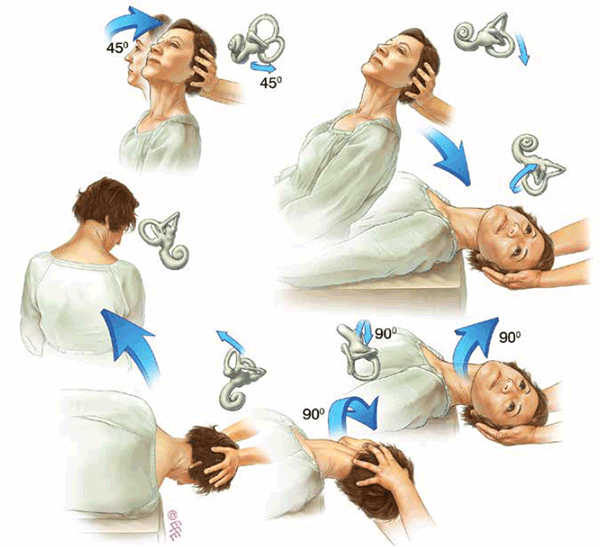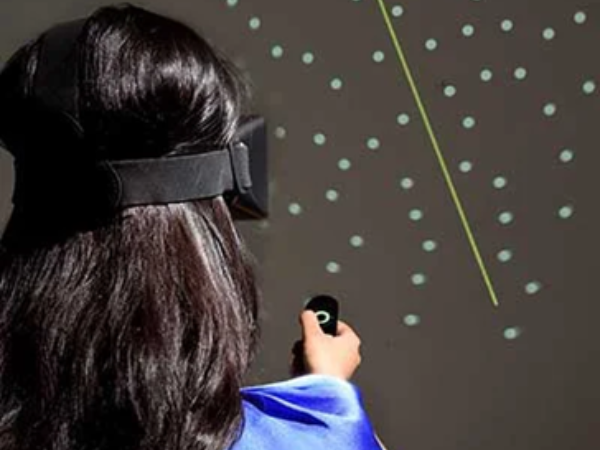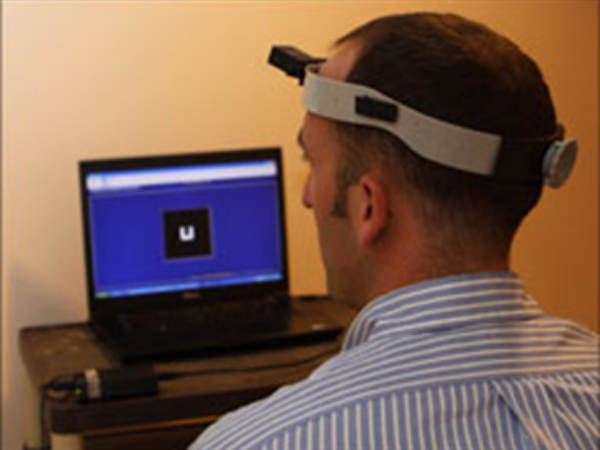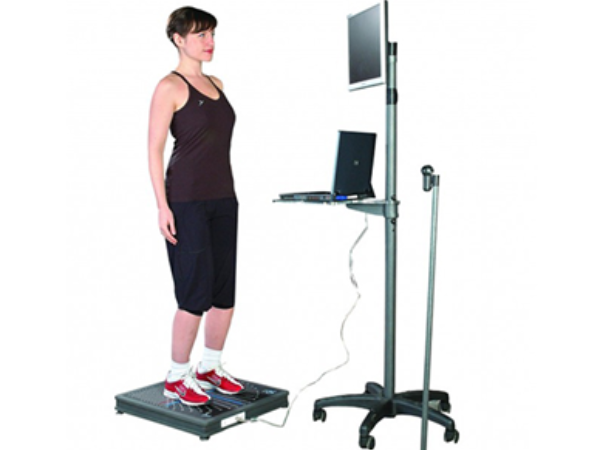- +91 91080 21738
- New Thippasandra, Bengaluru-75
- shabdhaspeechandhearingcentre@gmail.com
Helping children find their voice and build healthy relationships.
+91 91080 21738
shabdhaspeechandhearingcentre@gmail.com
09.00 AM - 08.00 PM

Our experts conduct a thorough assessment of your medical history and perform a comprehensive examination to identify the root causes of your balance and vestibular issues. Your unique evaluation will guide our approach to your care.
We utilize advanced diagnostic technology to assess and record your eye movements, especially during episodes of dizziness or imbalance. VNG helps us pinpoint abnormal eye movements that may indicate various vestibular disorders.


This specialized testing measures muscle responses to auditory and vestibular stimuli. VEMP assessments are instrumental in diagnosing conditions like Meniere’s disease and superior canal dehiscence syndrome.
For individuals suffering from BPPV, we offer effective canalith repositioning maneuvers, to reposition displaced calcium crystals in the inner ear’s semicircular canals. These maneuvers provide rapid relief from symptoms.


Our vestibular rehabilitation therapy program is tailored to your specific needs. Through a series of exercises and maneuvers, we challenge your vestibular system to adapt and compensate for deficits, ultimately improving your balance and reducing dizziness symptoms.
Cognitive-Communication Therapy is a treatment approach that focuses on improving cognitive and communication skills in individuals with speech, language, or cognitive impairments.


DVA is another advanced test we offer to
evaluate the efficiency of your vestibular
system. This assessment focuses on your
ability to maintain clear vision during head
movements, simulating real-world
scenarios. People with vestibular disorders
often experience blurred vision during
activities that involve head motion, such as
walking or driving. DVA helps us
understand how well your visual system
compensates for head movement and
identifies any potential deficiencies.
This highly advanced computerized system
objectively documents and measures
instability in a standing patient, ensuring the
most accurate assessment possible. One
unique feature of our Stabilometry machine
is its therapeutic module, enabling us to
provide specialized balance-improving
training to patients experiencing instability.


CCG is a neuro-otological investigation to evaluate the vestibulospinal reflex, which is responsible for the maintenance of balance during gait testing.